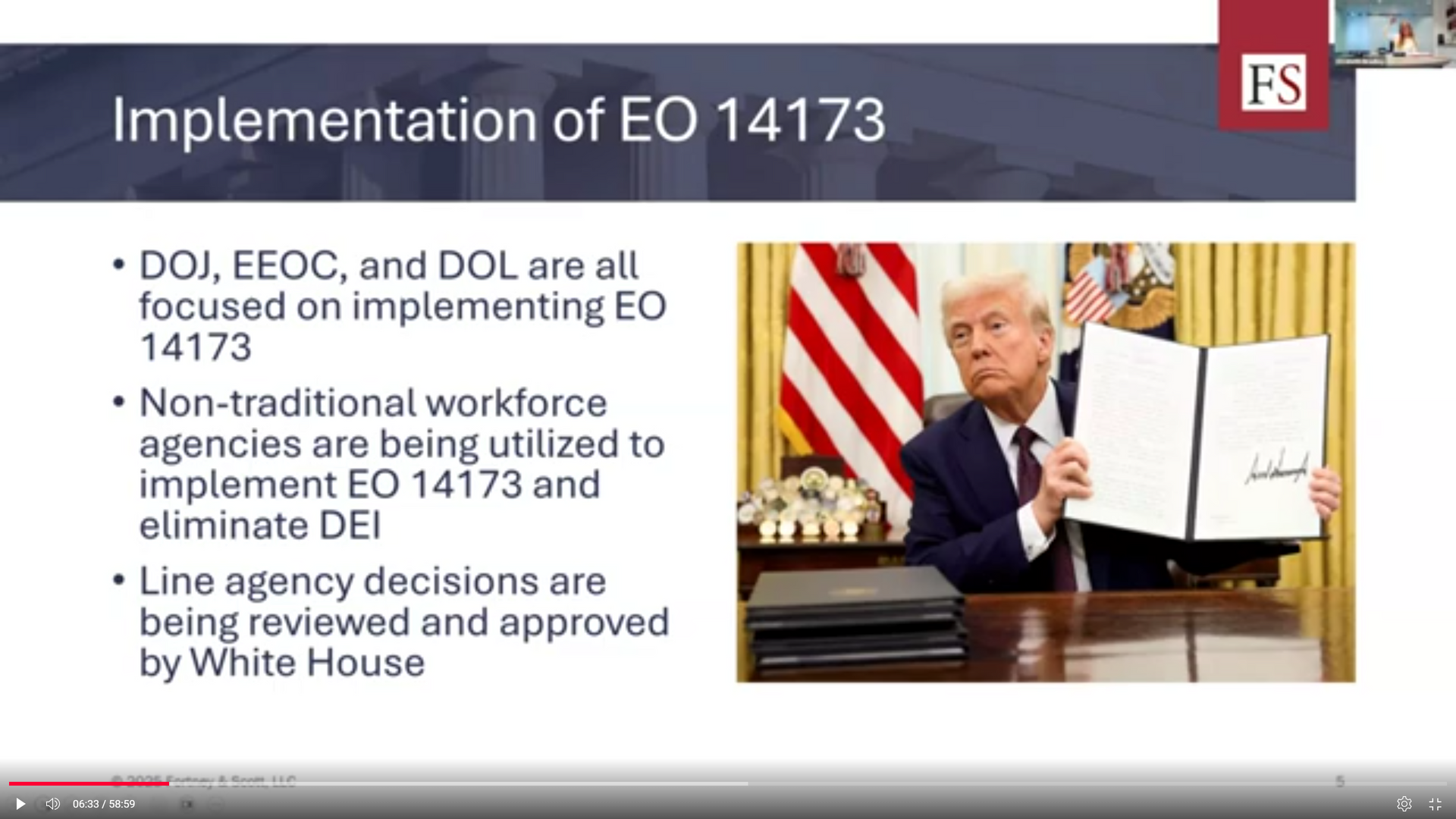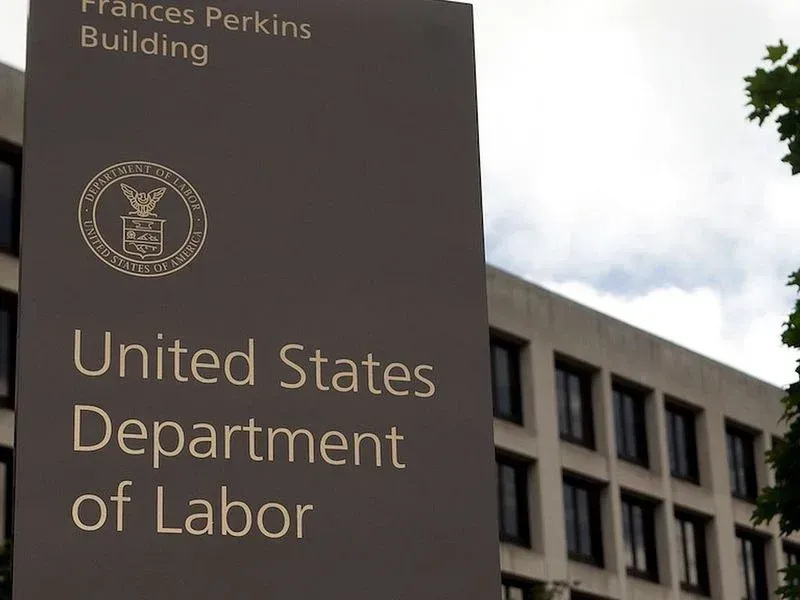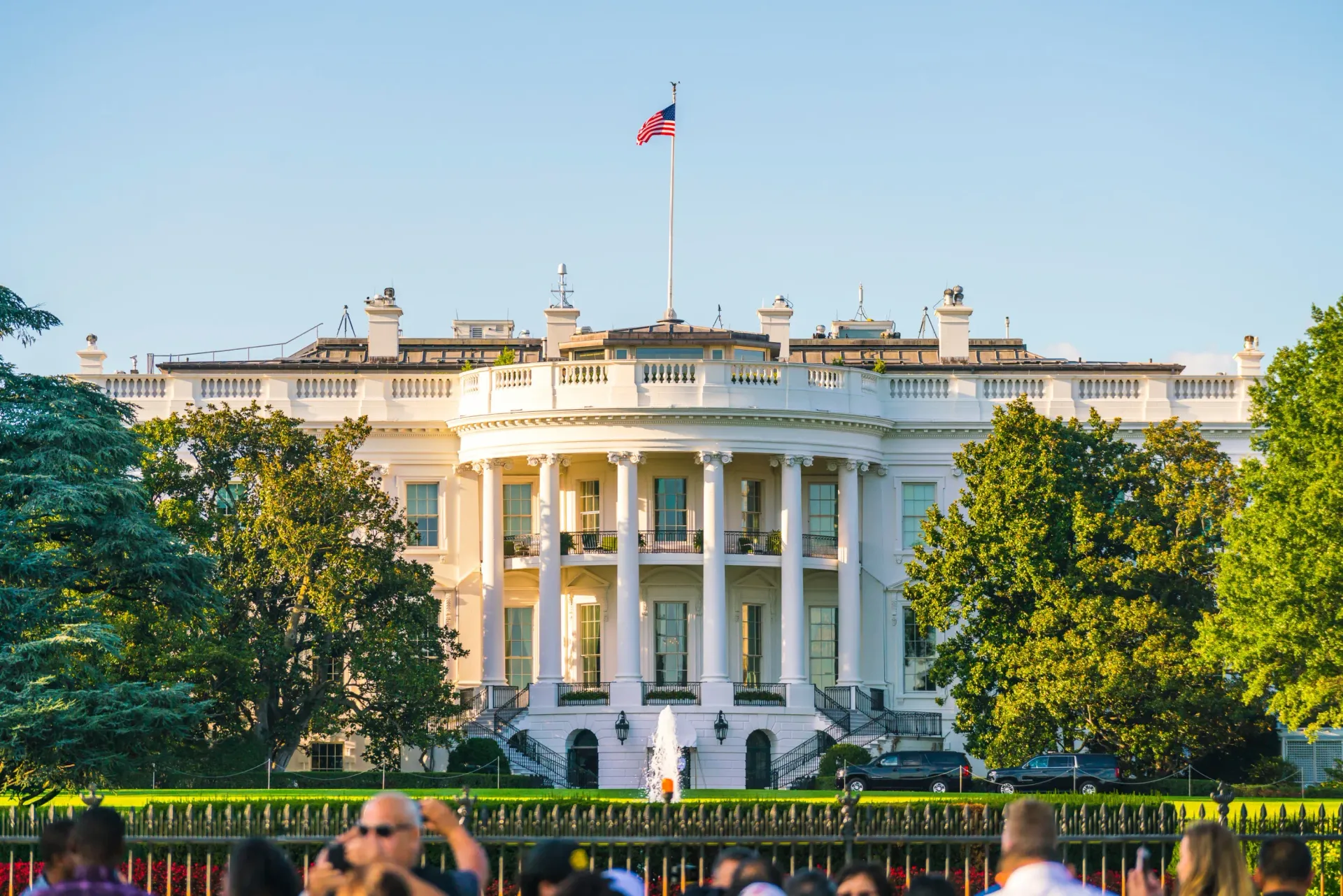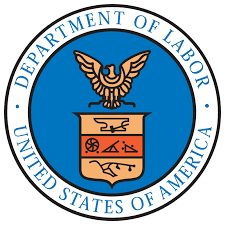EEOC Issues Last Minute Omnibus Guidance Tracking Harassment Task Forces Recommendations
With a few work days left under the current administration, the Equal Employment Opportunity Commission (“EEOC” or the “Commission”) has released new 75-page draft guidance on workplace harassment. While the EEOC’s timing will certainly raise eyebrows, employers should take notice. The Commission describes its new guidance as “a companion piece” to the Report issued by EEOC Harassment Task Force Co-Chairs’ Victoria Lipnic and Chai Feldblum this past June. Since Commissioner Lipnic is the only Republican on the EEOC and widely rumored to be its next Chair, the proposed harassment guidance could very well survive the Presidential transition.
EEOC provides that the proposed Enforcement Guidance on Unlawful Harassment explains the legal standards for unlawful harassment an employer liability, and provides “a single legal analysis for harassment that applies the same legal principles under all the statutes the Commission enforces.” The proposed guidance consolidates and replaces four separately issued harassment guidance: EEOC’s Compliance Manual Policy Guidance on Issues of Sexual Harassment (1990) and on Employer Liability for Sexual Favoritism (1990); and EEOC’s Enforcement Guidance on Harris v. Forklift Sys. Inc. (1994) and on Vicarious Employer Liability for Unlawful Harassment by Supervisors (1990).
The EEOC followed this same procedure when updating its Enforcement Guidance on Retaliation and Related Issues and National Origin Discrimination last year. Employers have 30 days to review the draft guidance and submit comments. Once the agency reviews the public comments and makes changes to the draft guidance, the Commission must vote to approve the final guidance.
We anticipate that the EEOC will move forward with the new harassment guidance. Given the guidance’s length and timing we encourage employers take the time to review the proposal and strongly consider providing comments to the EEOC. We will be preparing a summary of the proposed guidance. If you are interested in receiving our summary and participating in FortneyScott’s comments, please contact your FortneyScott attorney or Leslie Silverman.


















